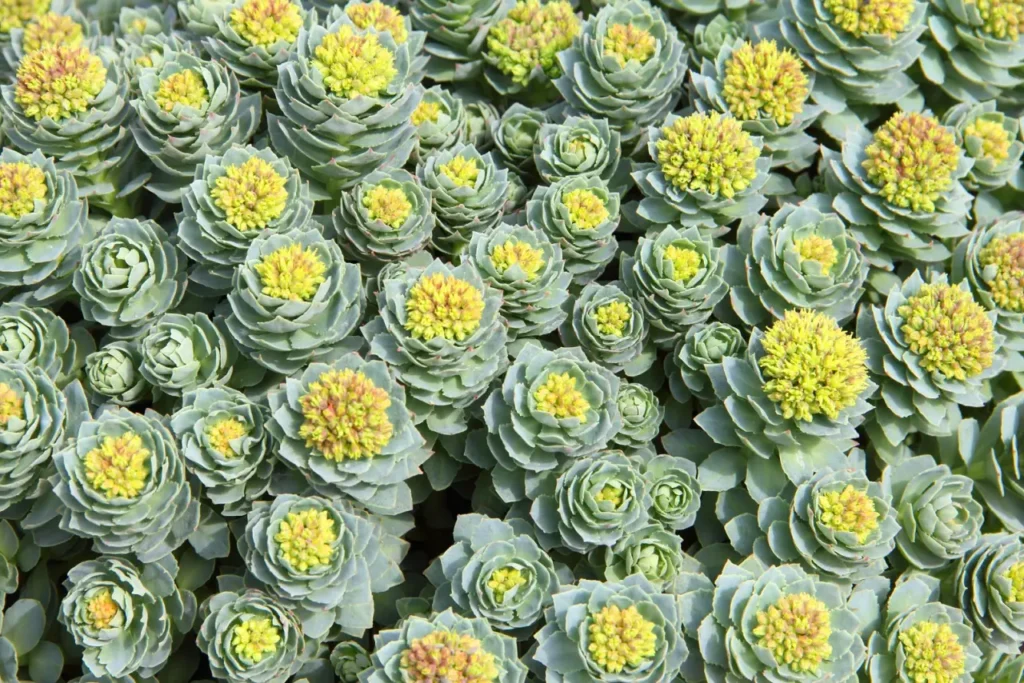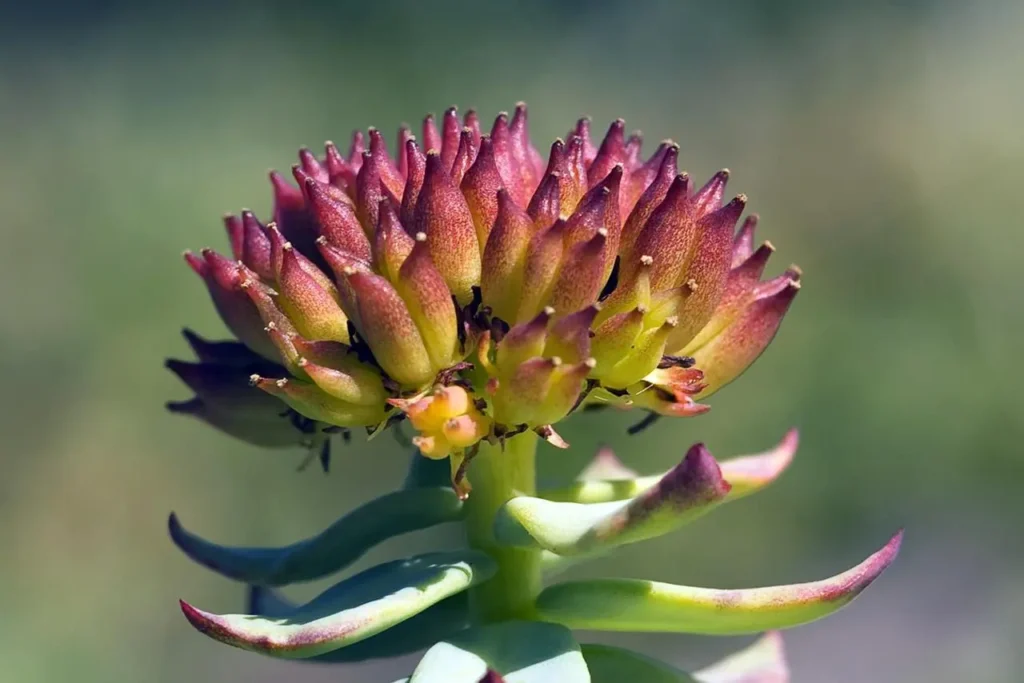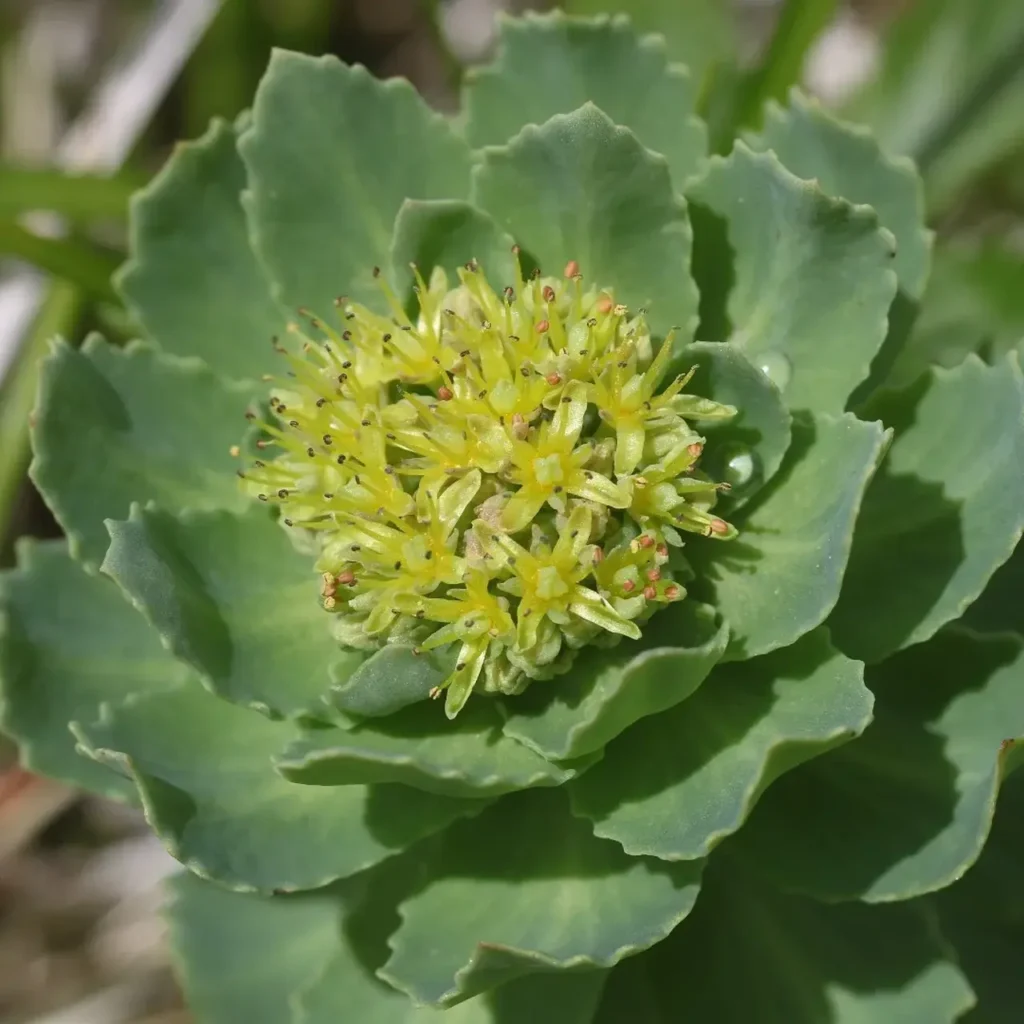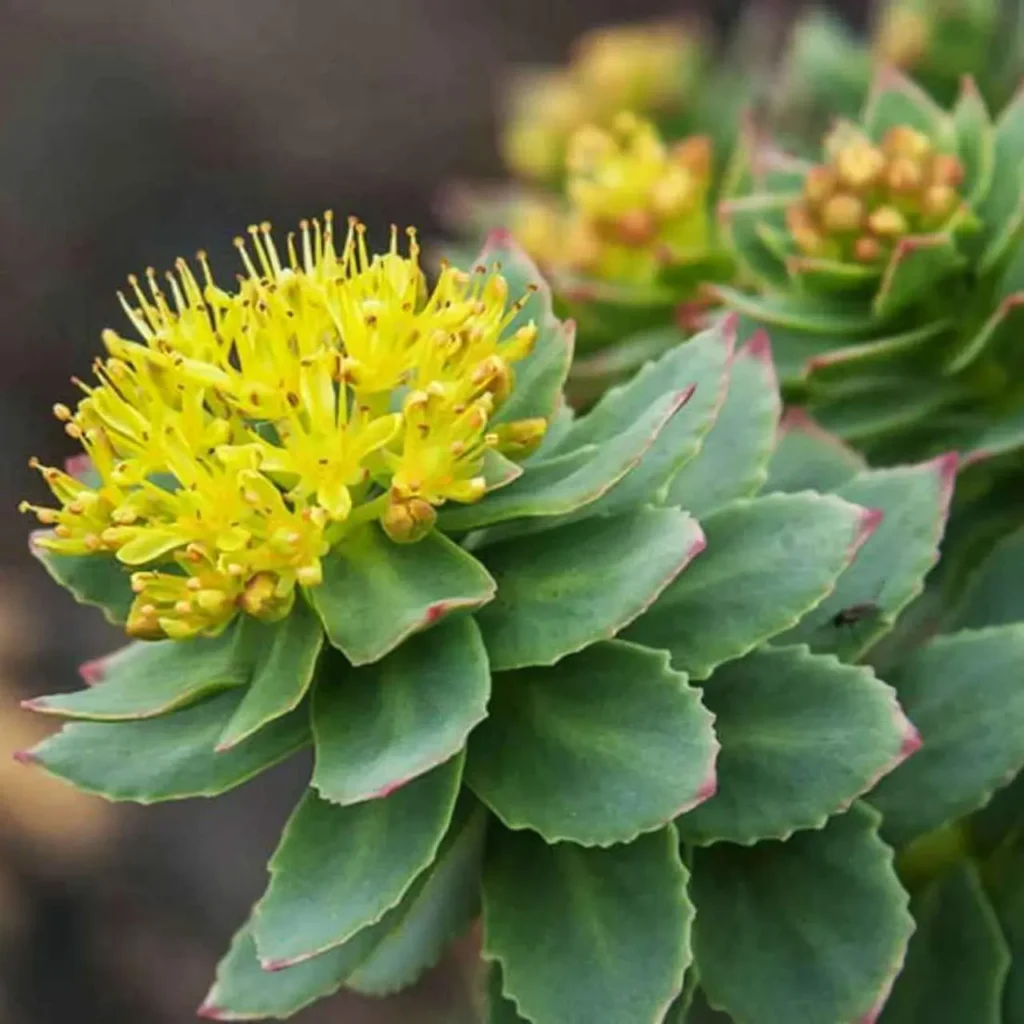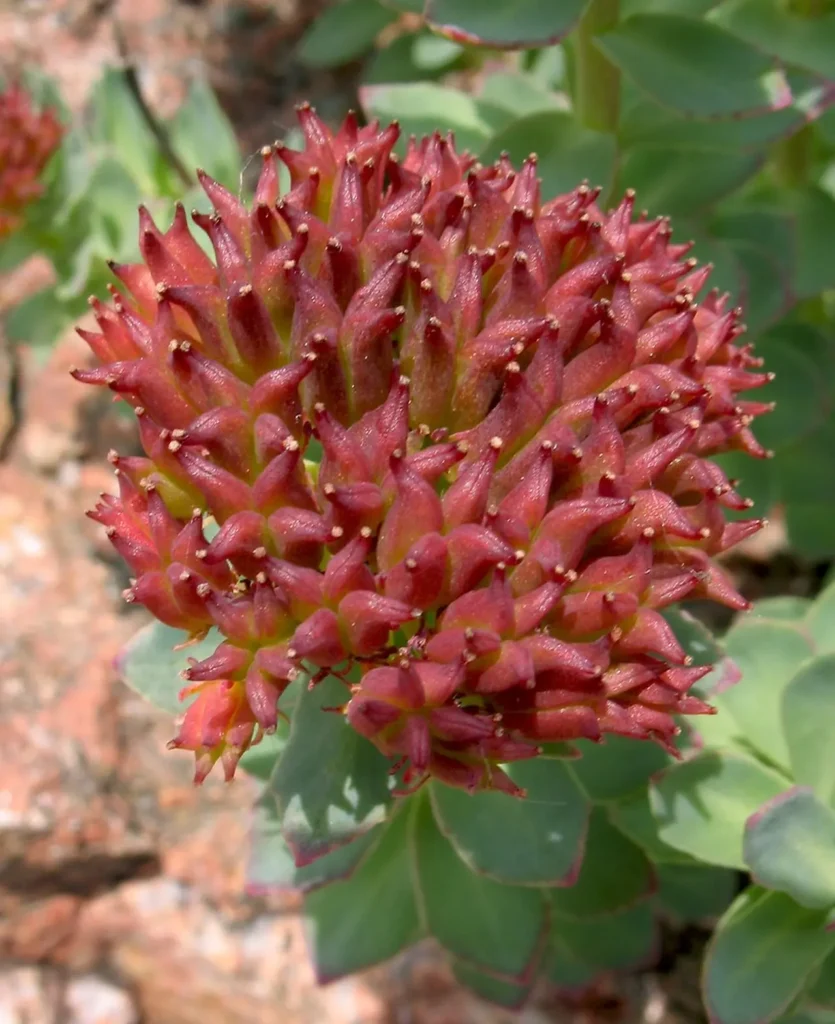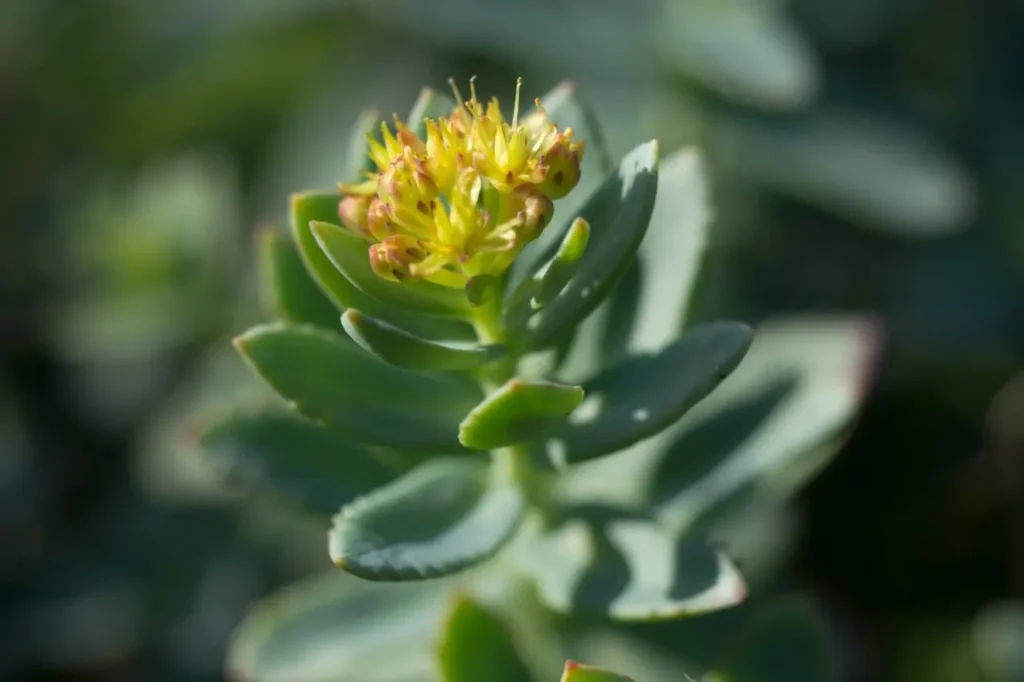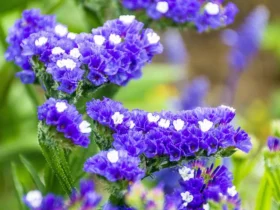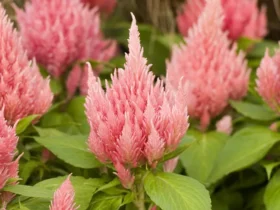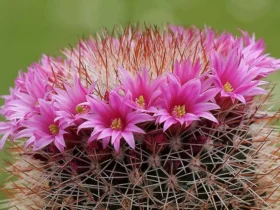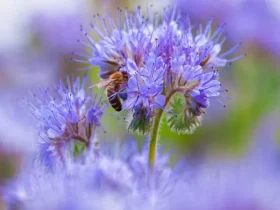In the rugged and inhospitable terrains of the Arctic and mountainous regions of Asia, a remarkable medicinal herb thrives—the Rhodiola rosea. Revered for its adaptogenic properties and historical use in traditional medicine, this golden-rooted plant has captured the attention of herbalists and health enthusiasts worldwide. Let us delve into the fascinating world of Rhodiola rosea and explore the remarkable qualities that make it a symbol of resilience and adaptability in the face of challenging environments.
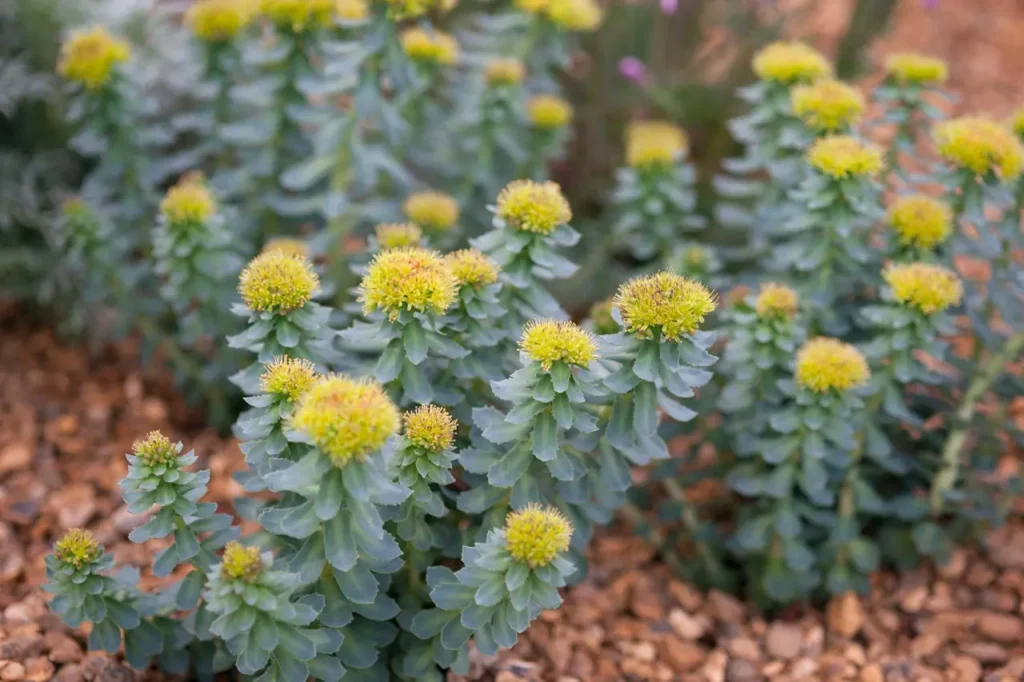
Appearance and Distribution
Rhodiola rosea, commonly known as Golden Root or Arctic Root, is a perennial flowering plant that belongs to the Crassulaceae family. This herbaceous plant grows in cold and high-altitude regions, often found in the Arctic, mountainous areas of Europe, Asia, and North America. It prefers well-drained, sandy soils and can endure harsh climatic conditions, including extreme cold and intense sunlight.
The plant has fleshy, succulent leaves that are green on the upper side and have a silvery-white underside, aiding in the reflection of sunlight. Its yellow or golden flowers bloom during the summer months, adding a splash of color to the stark landscapes where it thrives.
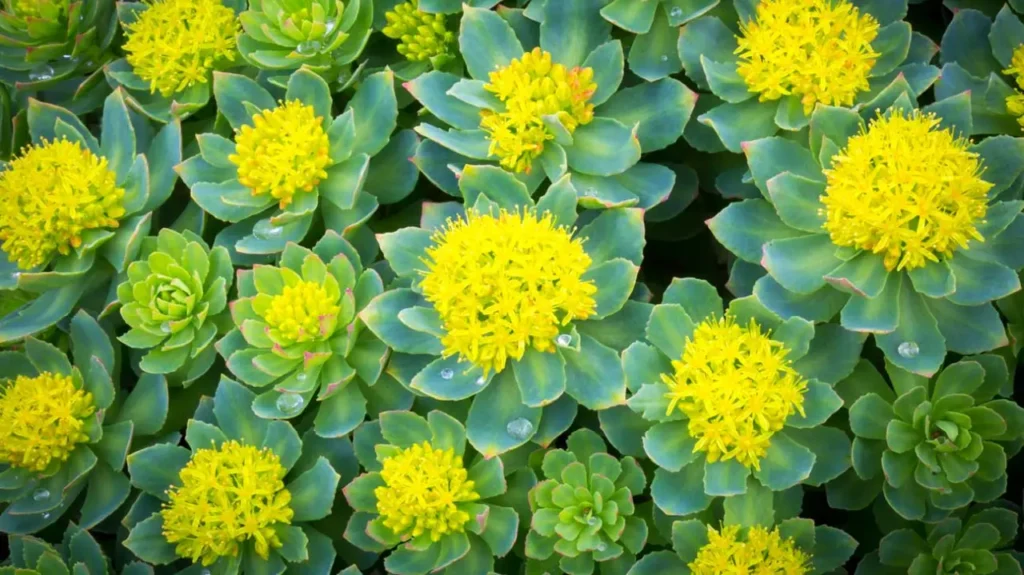
Traditional Uses and Medicinal Properties
For centuries, Rhodiola rosea has been a prized herb in traditional medicine systems of regions where it grows. Indigenous peoples of Siberia and Central Asia have utilized its roots as an herbal remedy to combat various ailments and to enhance physical and mental endurance in challenging environments.
The herb is classified as an adaptogen, a term used to describe natural substances that help the body adapt to stress and promote balance within the body’s systems. Rhodiola rosea is believed to support the body’s resilience to physical and emotional stress, improve mental clarity, boost energy levels, and alleviate symptoms of fatigue and exhaustion.
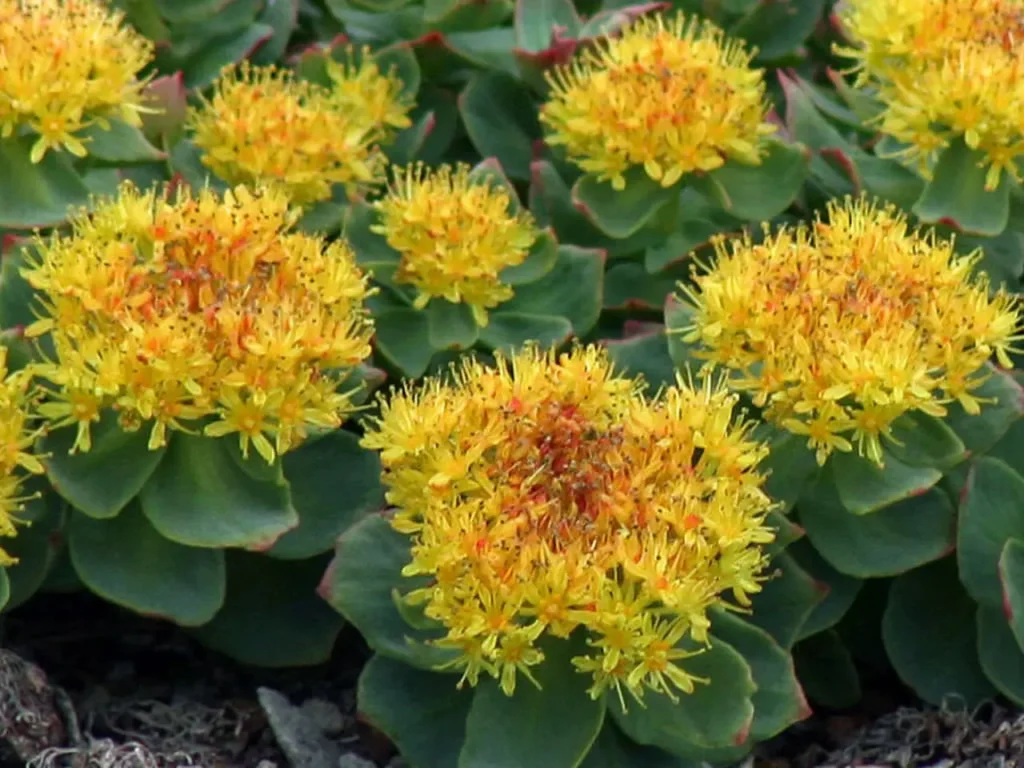
Modern Research and Health Benefits
In recent years, the medicinal properties of Rhodiola rosea have garnered significant interest in scientific research. Studies have shown that the active compounds found in the plant, such as rosavin, salidroside, and phenolic antioxidants, contribute to its adaptogenic effects and potential health benefits.
Some of the reported health benefits of Rhodiola rosea include:
- Stress Management: Rhodiola is believed to help the body cope with stress by regulating stress hormones and supporting the nervous system’s resilience.
- Improved Mood: The herb has been associated with improved mood and reduced symptoms of depression and anxiety.
- Enhanced Cognitive Function: Rhodiola may support cognitive function, including memory, focus, and mental clarity.
- Physical Endurance: Athletes and individuals seeking enhanced physical performance have reported benefits in endurance and stamina with the use of Rhodiola supplements.

Safety and Considerations
Rhodiola rosea is generally considered safe when used as directed. However, it is essential to consult a healthcare professional before using any herbal supplements, especially if you are pregnant, nursing, taking medications, or have underlying health conditions.
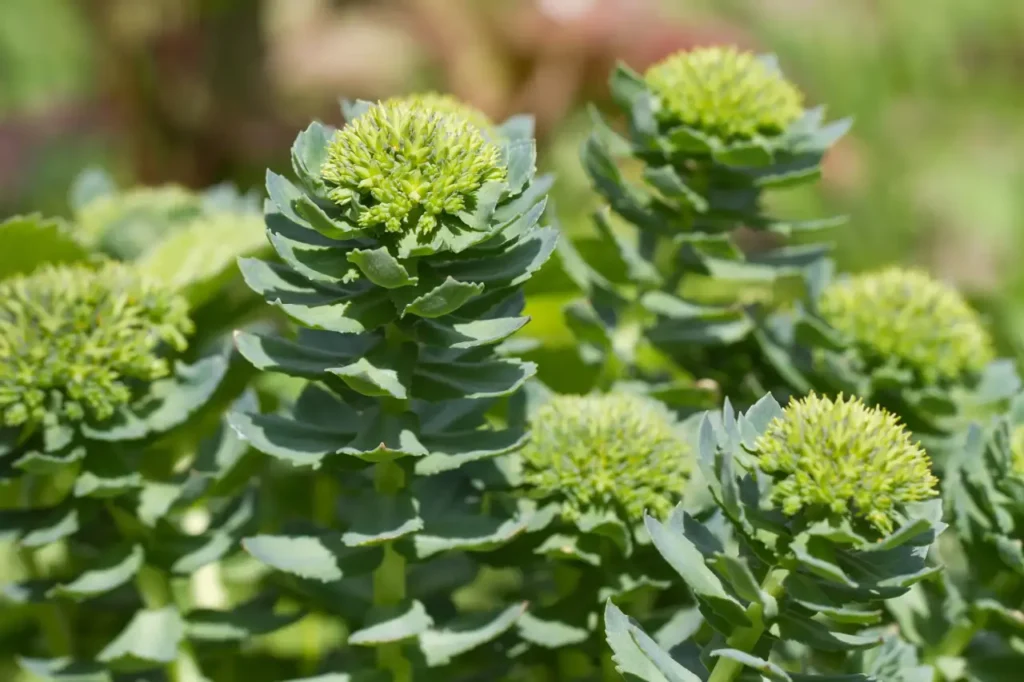
A Resilient Ally in Nature’s Pharmacy
Rhodiola rosea, the Golden Root, serves as a symbol of resilience and adaptability in the challenging environments it calls home. As both a traditional herbal remedy and a subject of modern scientific research, its potential health benefits continue to intrigue and inspire. As we explore the vast potential of nature’s pharmacy, the Golden Root stands as a testament to the remarkable gifts that the natural world offers in promoting well-being and balance in our lives.
